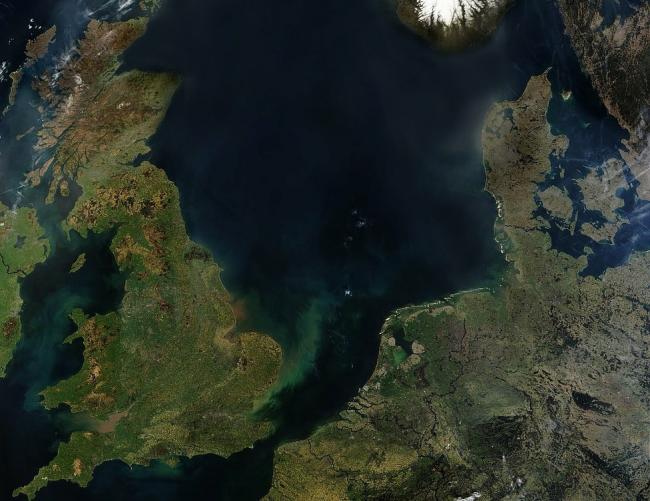Who are our real friends?

Nigel Farage was recently invited to address the meeting of the Conservative Political Action Conference (CPAC) in Maryland, where he made the claim to his American audience that “Our real friends in the world speak English”.
This vision of a monoglot world of English-speakers lining up alongside one another as allies against the hostile forces of foreignness, where people have the temerity to use other languages, promises a dystopian nightmare of tyranny and conformism. It brings to mind all the tired caricatures of the Englishman who has made no attempt to learn other languages, but simply shouts to make himself understood. Of course the chances are that he will not be understood at all, except as an overbearing, ill-mannered lout.
Making friends - by definition - means finding out about people who are different from ourselves, and learning to enjoy and celebrate the ways in which all that varies from our own understanding and knowledge can enrich our thinking and feeling. The Creative Multilingualism research project exists to show us how much we can gain in our creative lives – as writers, performers, directors, musicians and readers – when we encounter not just other cultures, but culture expressed using different words in different languages. If we seek out and trust only those who define themselves through sameness – especially of language - we will have terribly impoverished social interactions.
It is of course a nonsense in any case to talk about ‘our’ friends speaking English when enormous numbers of people in Britain and the US speak more than one language already, depending on their regional upbringing or family background. Are ‘we’ no longer ‘we’ if we speak Chinese, Welsh or Spanish as well as English?
The perniciousness promotion of chauvinistic identity represented by Farage’s views reminds one of the refrain of that wonderful Flanders and Swann account of nationalism entitled ‘Song of Patriotic Prejudice’:
“The English, the English, the English are best,
I wouldn't give tuppence for all of the rest!” **
But at least they were being ironic…
Julie Curtis is Professor of Russian Literature at the University of Oxford. She is a Senior Researcher on our 4th strand, Creative Economy: Languages in the Creative Economy.
Where next?
Bitesize talk: Do objects speak?